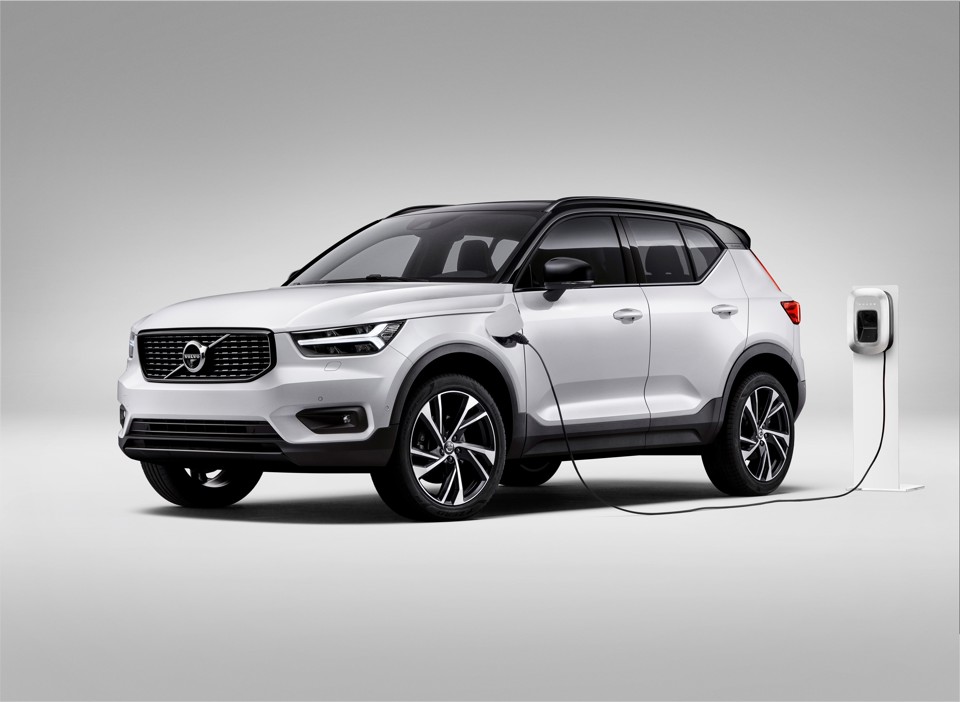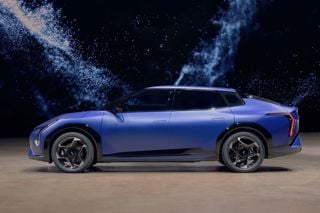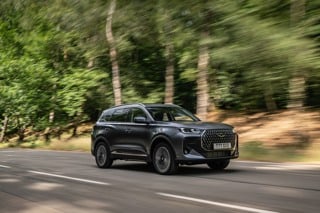Changes to the company car tax regime to boost electric vehicle (EV) uptake will persuade more employees to opt back into the benefit, says Volvo Car UK’s fleet boss.
Latest figures from HMRC show the number of company car drivers paying benefit-in-kind (BIK) tax was 890,000 in 2017/18 – 5.3% lower than the previous year.
Experts said the decline was largely due to increasing BIK tax rates, vehicle availability and an increase in the number of people opting for a cash allowance instead of a car.
But the sector received a boost last year when the Government announced that, in the 2020/21 tax year, employees will pay no BIK for driving a battery electric vehicle (BEV), while rates for plug-in hybrid electric vehicles (PHEVs) have also been lowered to make operating the low-emission cars more appealing to drivers.
This, combined with the increasing number of BEVs and PHEVs available, will lure employees back into company car schemes, said Steve Beattie, head of business sales at Volvo Car UK.
He added: “How many people have taken a car allowance and thought they could get a cheap PCH online?
“With the changes in legislation in company car tax for both BEVs and PHEVs, I think we will see a swing where fleet customers will be opting back in.
“If you look at an XC40 PHEV, from April that will be £160 a month in BIK for a 40% taxpayer and that is fully inclusive.
“You are not going to get a personal lease for that sort of car at that price with everything included: a lot of cars like that are more like £400 a month.”
Fleet interest in the new XC40 PHEV, which has CO2 emissions of 38g/km and an electric-only range of 29 miles, has been high, said Beattie, with 44% of all fleet orders for the model range in November being for the plug-in variant.
A BEV version of the XC40 – called Recharge – is due to go on sale in the autumn (see page 29) and will have a range of 248 miles.
The launch of the XC40 PHEV means plug-in versions are now available for all Volvo models and, under its electrification strategy, the manufacturer aims to have sold one million electric vehicles globally – PHEV and BEV – by 2025, with BEVs accounting for half of its sales volumes by then.
Beattie said he is confident Volvo’s PHEVs will help it capitalise on the growing demand for EVs.
He said the manufacturer will be able to meet demand for the technology after last year signing long-term agreements with CATL and LG Chem to ensure the multi-billion dollar supply of lithium-ion batteries over the coming decade.
Beattie added: “Probably from April we will see lead times on PHEVs come down again.”
Volvo has also launched an incentive which allows company car drivers of any new Volvo PHEV to benefit from a year’s free electricity to charge their car.
Society of Motor Manufacturers and Traders (SMMT) figures show that Volvo registered 56,208 cars in the UK last year, a 29-year high and a year-on-year-increase of 11.7% during a period when the overall new car market decreased 2.4%.
The manufacturer is aiming for 60,000 sales this year, and growth is expected to come mainly from Motability (increasing from 1,636 to 4,250), with potential for true fleet registrations to increase as well.
Last year, true fleet sales rose 20% to 17,035, an increase driven predominantly by SME business, said Beattie.
He added that part of this success has been down to its virtual sales manager programme, which sees the employee working with the
client – identified through an online or call centre-generated lead – to identify their vehicle needs, source the cars and facilitate the acquisition process with the Volvo retailer network.
Beattie added: “We’ve worked a lot closer with the retailers on focusing them on business sales. That’s been really good.”
As well as increased business with SMEs, he said Volvo has also made breakthroughs with a number of corporate customers – including Morgan Sindall Group which has 3,000 company car drivers and cash allowance takers – adding the brand on to their choice list.






















Login to comment
Comments
No comments have been made yet.